The trouble with stretching before a run
Plus 10 Argentina & Norway half marathons for the traveling runner
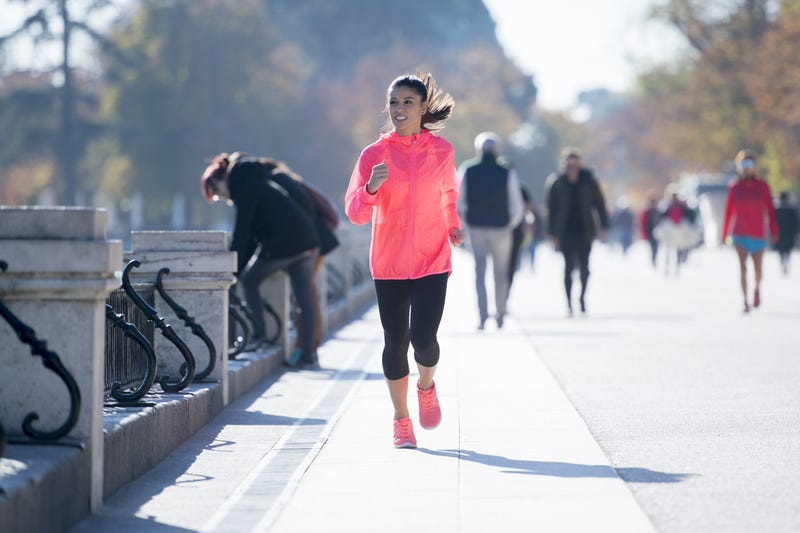
“Moving outward is an act of courage, and in my life, running has also been a vehicle of introduction — to people, places, cultures and animals. I have run races on all seven continents. Running may be the connective tissue, but the true essence of the sport is a passage to a bigger world.” — Bart Yasso
When I coached my son’s soccer team this fall, it was my first time ever coaching anything. So on the first day of practice, I looked around to see what the other dads and coaches were doing with their players to warm up.
Copying them, I put down cones on the field and had my 10 players — all of whom were 4- and 5-years old, mind you — line up to do drills. One by one, they dribbled the ball around the cones, passing it back and forth, and lining up in front of the goal to practice kicking into it.
Sound like fun? Not to a 4-year-old.
No wonder, then, that instead of a practice going off like clockwork, mine was mainly the kids goofing off, giggling and chasing each other around. All of which are great fun (!), but have nothing to do with soccer.
After the practice and a little Googling at home, I found some routines that were perfect for kids their age.
They were designed to keep practice fun and energetic, mainly by having me run around the field with the kids chasing after me — with the promise that I’d act like any animal they wanted (no matter how silly or crazy it looks) if they hit me with the ball.
Here’s the thing, though: even though I knew this would work better than the line drills we did the first day, it still took me a few practices to start doing them.
It was harder than I thought it would be to do things differently than the other coaches, especially with the parents looking on.
How does this relate to running?
It can be hard to change our routines, even when no one is looking. For example, do you stretch before you run?
If you’re like me, the answer for years and years was “yes.” I picked up a stretching routine from my high school soccer coach, one we’d use before every practice and game — stretching our hamstrings, leg muscles, torso and shoulders, every single time.
The idea was to loosens up our muscles and lower our chances of getting injured. I believed it for a long time, too, and carried it over to every time I ran as an adult, up until a few years ago.
How did it help me? Honestly I can’t say; I did end up with an Achilles tendon injury that sidelined me from running for a year.
But even after I came back, for years I kept on stretching. In fact, it wasn’t until I read Gretchen Reynolds’s book “The First Twenty Minutes” a few years ago that I stopped.
In the book, the New York Times health writer takes a deep dive into whether stretching does us any good at all. This quote is a great summary of what she found:
“Most of us learned how to warm up in grade school, by touching our toes and slowly stretching our muscles, and haven’t changed our routines much since. Science, however, has moved on. In the past decade, a growing number of studies have shown that static stretching not only does not prepare muscles for activity; it almost certainly does the reverse.”
Static stretching — that’s the kind of stretching that I did all those years and that you likely do — is the problem. It can have big effects, too, including reducing the strength in the muscles you stretch by as much as 30 percent.
The effects can last for up to half an hour, she adds, a critical time when you’re just getting started with a run or a race, and when you really want to feel strong.
“In a few key real-world studies, basketball players who stretched before a game were unable to jump as high during play as when they hadn’t stretched,” Reynolds writes in the book.
The researchers were surprised to find that not stretching actually helped runners’ performance. But when they looked at their data, it made sense:
“Think of a rubber band. If it’s overstretched and limp, it doesn’t snap back when pulled and released. So, too, with your hamstrings: If they’re loose, they don’t efficiently lengthen, shorten, and snap back into place with each stride. To some degree, as an endurance athlete, you can be flexible as Gumby, or you can be good.”
To put it succinctly, flexibility is highly overrated.
So what should you do before a run?
Reynolds is careful to note that static stretching is what’s problematic when you’re preparing to work out — not warming up.
In fact, a warmup routine is essential for endurance athletes of every stripe (and if you run regularly, yes I consider you an endurance athlete!).
Here’s what the experts tell us to focus on, she adds:
A warmup routine that increases the range of motion in the joints we plan to use in our exercise, and
Literally warming up our bodies
If your warmup routine does those two things, it’s a good one. For a long run or a race, that means some light jogging for a few minutes before you start. If you’re planning on walking and running, a measure of both that progressively gets quicker is a good way to warm up.
Don’t warm up too vigorously or for too long, Reynolds adds. “A number of recent studies have shown that an overly vigorous aerobic warm-up simply makes you tired,” she writes. No argument there!
Bringing this back to where we started, sometimes it’s hard to make changes to our fitness routines, even when we know something new is what we should try. I had a harder time with it than I imagined I would.
But, as my experience with my son’s soccer team showed, sometimes that new idea or way of doing things is what’s been calling to us all along.
Changing up our practice routines made a huge difference — it made it fun for my players so they’d run and kick the ball together, having fun with it — and dropping my old stretching routine has made a difference for my running, too. I haven’t had an injury since then.
I’d love to hear your thoughts on this, too — do you do a pre-run warmup or stretching routine? Does it help or hurt?
Hope all is well in your world and you had a wonderful Thanksgiving — give a shout out if you ran a Turkey Trot or a marathon or half this past weekend!
Your friend,
— Terrell
Join The Half Marathoner Community
Not yet signed up for our paid newsletters? Get more in-depth stories about races, the mental and emotional side of running, race discounts and more, plus access to our subscriber-only Slack forum. Learn more here.
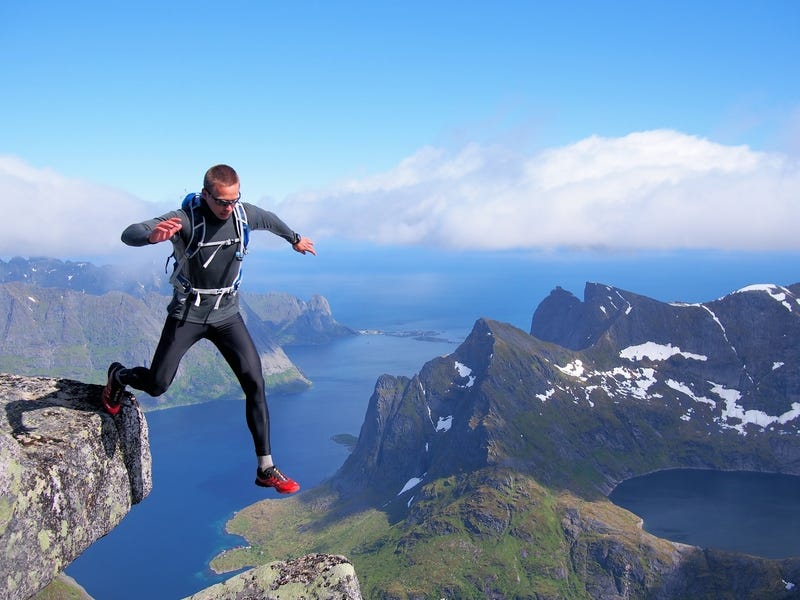
10 Norway Half Marathons You Can Run in 2019
Traveling to this Scandinavian country filled with mountains and glaciers that look out onto stunningly beautiful coastal fjords? You can run through that natural beauty at these 10 half marathons in the cities and backcountry of Norway.
By Carissa Liebowitz • See the full list here

10 Popular Places to Go Running in Atlanta
From downtown’s Piedmont Park to the Eastside Beltline Trail, and the Silver Comet Trail to Chastain Park, some of the best places to run in Georgia’s capital city.
By Carissa Liebowitz • See the full list here
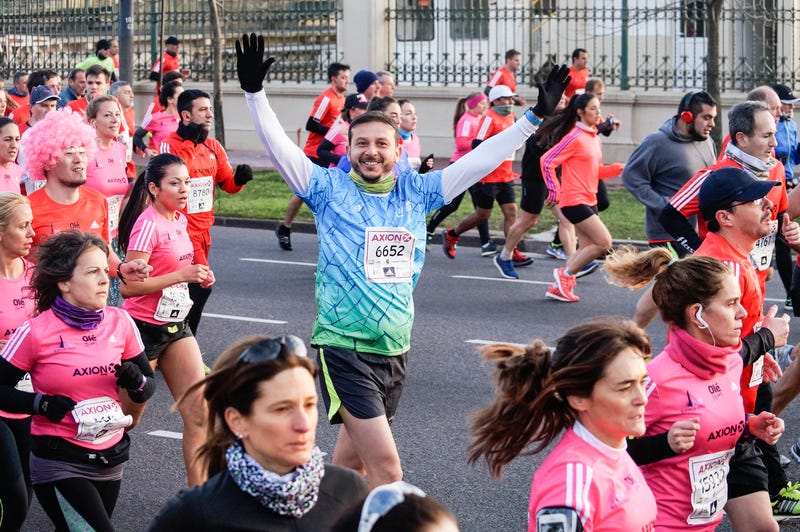
10 Argentina Half Marathons You Can Run in 2019
From the beauty of cities like Cordoba and Buenos Aires to the rugged, challenging terrain of more remote areas like Tilcara, here’s 10 races to run while you’re in the country if you’re traveling to Argentina next year.
By Carissa Liebowitz • See the full list here
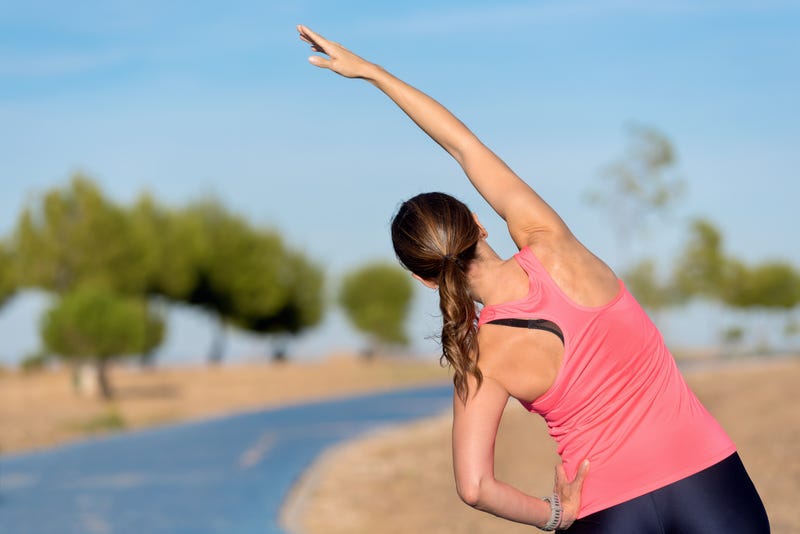
What’s Holding You Back From Being a Better Runner?
We all want to get better, faster, and stronger, right? There are so many small factors that can play a role in why we have started to plateau. But running isn’t as simple as run more, get faster.
By Hollie Sick • Full story here
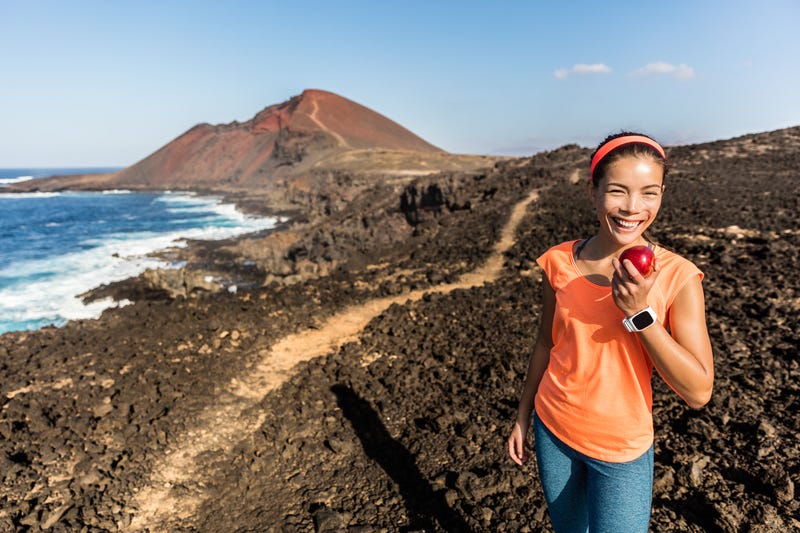
How to Fuel For a Half Marathon
When you’re preparing for a race of any distance, one of the most important and critical things you can do for your training is getting the proper nutrition.
By Hollie Sick • Full story here
Let’s Go Run There
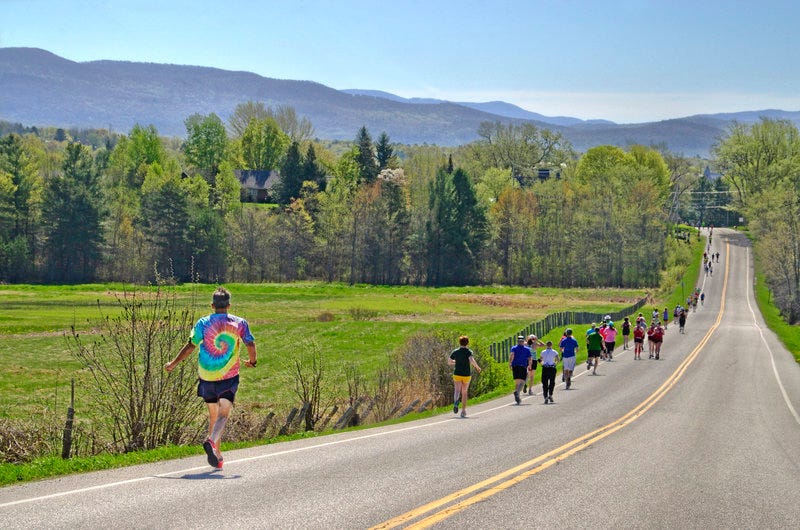
Middlebury Maple Run Half Marathon
The rolling green hills, quaint downtown streets and college town atmosphere of this small city in central Vermont are just a few of the charms of this annual springtime race, nicknamed “The Sweetest Half.”
Runs Sunday, May 5, 2019 — details here.
Pennsylvania Grand Canyon Half Marathon
Stretching more than 60 miles along the creek that bears its name here in the wilds of central northern Pennsylvania, the Pine Creek Rail Trail is set to take runners at this event through the Pine Creek Gorge, commonly referred to here as the PA Grand Canyon — hence the name of the race, “Conquer the Canyon.”
Runs Saturday, July 27, 2019 — details here.
Lake Norman Half Marathon
Set to unfold along the looping roads and tree-shaded trails of North Carolina’s Lake Norman, which lies just a short drive north of the state’s biggest city and is also home to the Trump National Golf Club Charlotte, this race offers a fast and largely flat route with plenty of scenery and greenery.
Runs Sunday, May 5, 2019 — details here.
Sea Turtle Half Marathon
A smaller-field race — just shy of 500 runners and walkers crossed the finish line in all races combined last year — this event takes runners along Beach Boulevard on the island of Gulf Shores, Ala., where you can expect to see the waves crashing over your shoulder as you make your way through its neighborhoods and Gulf State Park.
Runs Saturday, Feb. 16, 2019 — details here.
Pinehurst Half Marathon
One of a series of races hosted at some of the country’s most prestigious and exclusive resorts — a series that includes half marathons at Sea Island, Ga.; Pebble Beach, Calif. and the Greenbrier Resort in West Virginia — this half takes you through the pines and trails of this golf resort that has hosted the U.S. Open Golf Championship in 2005 and 2014, and will again in 2020.
Runs Saturday, Feb. 23, 2019 — details here.
‘Last Chance’ Race Discount
The folks who organize the USA Beach Running Championships are offering one last chance to save 15% off the entry fee for their race next spring:
USA Beach Running Championships Half Marathon in Cocoa Beach, Fla., on Sunday, May 12, 2019 — use discount code “LASTCHANCE”
In the past few weeks, paid subscribers received a wealth of exclusive race discounts like the one above. And we took a deep dive into how to build confidence as a runner with the help of Kara Goucher’s latest book “Strong.”
Thanks so much for being a subscriber! If you’re enjoying the newsletter, forward it to someone you think might like it too.



